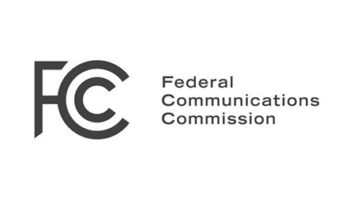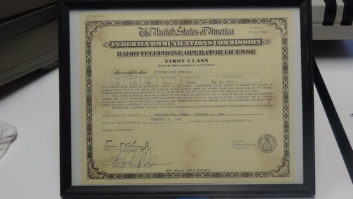The First Amendment does not protect radio stations against Section 73.1206 of the FCC rules.
The Enforcement Bureau is reiterating this conclusion in a ruling against WAAW(FM) in Williston, S.C. The radio station, owned by Rejoynetwork, had been fined $4,000 for broadcasting multiple phone conversations without giving prior notice to the people involved. The station appealed the fine.
The relevant rule states: “Before recording a telephone conversation for broadcast, or broadcasting such a conversation simultaneously with its occurrence, a licensee shall inform any party to the call of the licensee’s intention to broadcast the conversation, except where such party is aware, or may be presumed to be aware from the circumstances of the conversation, that it is being or likely will be broadcast.”
In 2006, the station aired telephone conversations between personality Ryan B. and two airport officials.
In rejecting the appeal, the commission staff wrote: “The rule does not restrict the free speech rights of broadcasters in any way. … The commission has already demonstrated that restricting speech under Section 73.1206 furthers a legitimate and substantial governmental interest, in that it safeguards personal privacy and protects against harassment.”
The commission also addressed an argument that the fine is unfair given the FCC’s failure to adopt similar rules concerning live impromptu interviews.
The bureau disagreed: “In regulating the broadcast of telephonic interviews, the commission has held that some types of interviews require less notice to the prospective interviewee than others. For example, the commission does not require prior notice for telephonic interviews where the prospective interviewee is associated with the station, or where that party originates the call and it is obvious that the call is in connection with a program in which the station customarily broadcasts its telephone conversations. These distinctions recognize that persons participating in such interviews should reasonably expect that their comments might be broadcast.”
The FCC also again rejected arguments that the rule shouldn’t apply in cases like this one, namely on a talk program about a controversial local issue rather than entertainment, or that the call recipients could have terminated the call. “Even a very brief pre-Section 73.1206 notice conversation qualifies as a violation,” it wrote.
You can read the case summary here.












